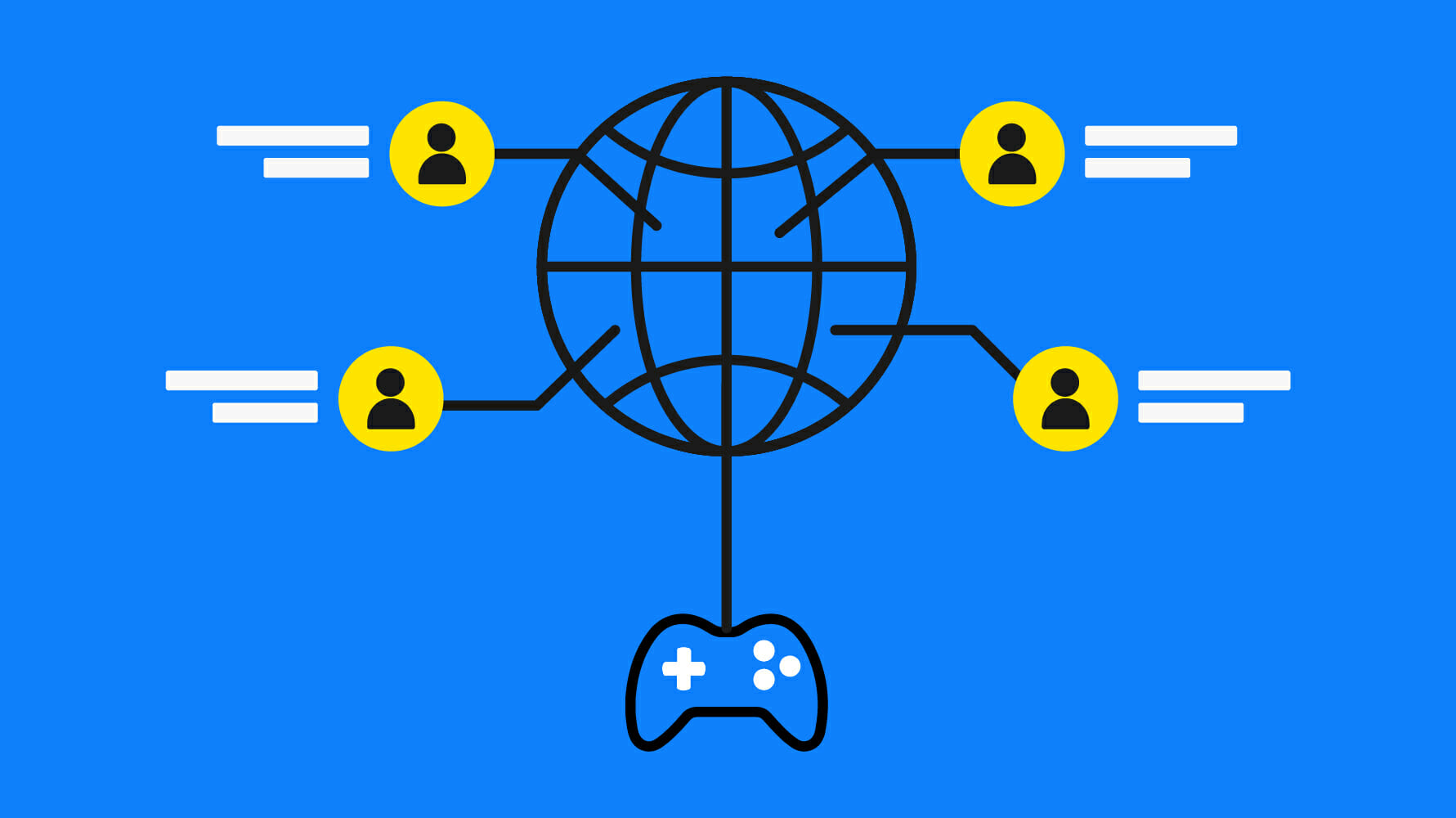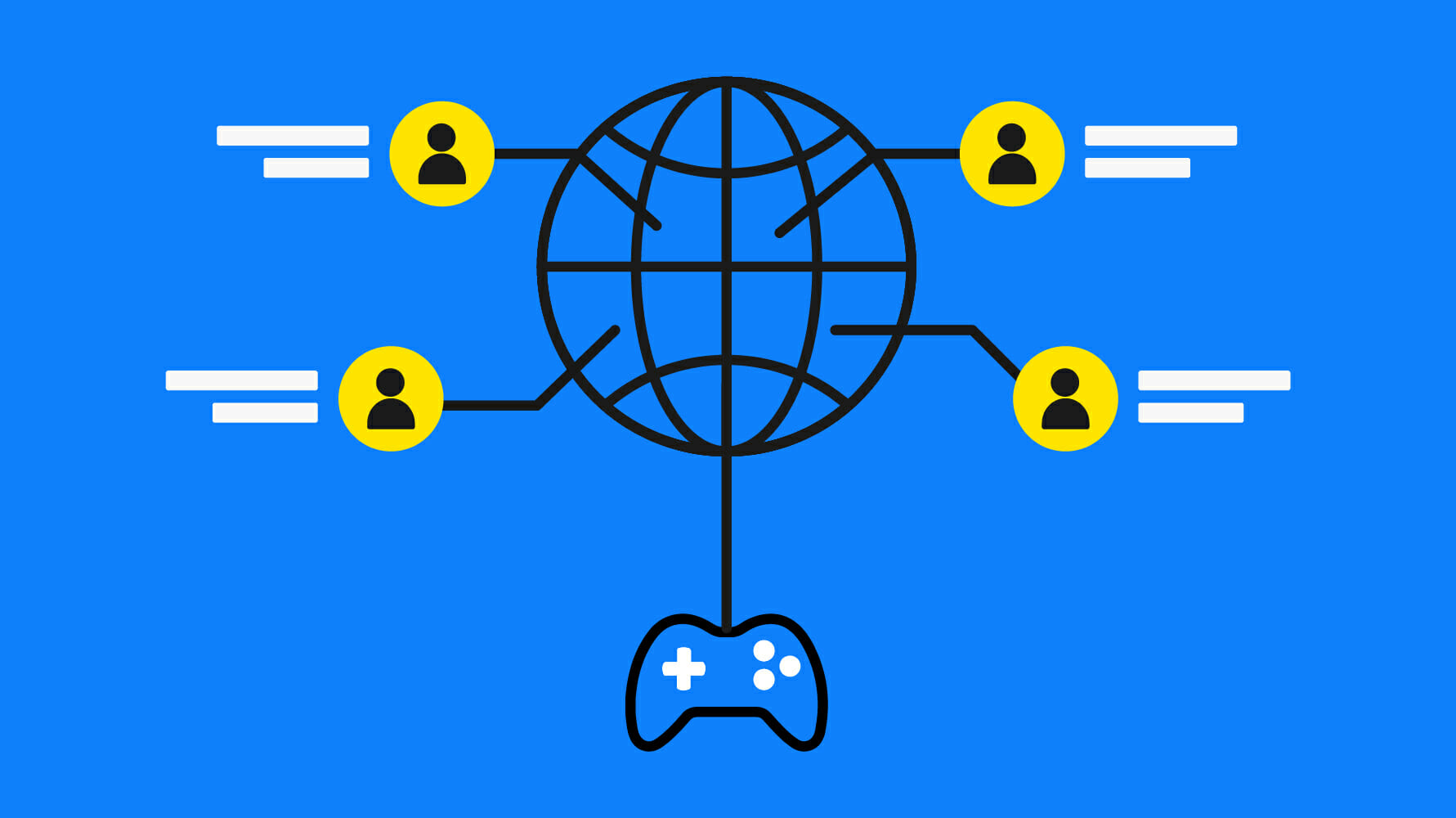
Effects of Game Localization on The Global Gaming Community
Game localization, the process of adapting video games to suit different languages and cultures, has a significant impact on the global gaming community. By making games accessible to a wider audience, localization fosters inclusivity and diversity within the gaming world.
Firstly, localization enhances communication. Players from diverse linguistic backgrounds can now understand the game's storyline, instructions, and dialogue, leading to a more immersive experience. This promotes collaboration and social interaction between players worldwide.
Secondly, localization preserves cultural identities. By integrating local customs, symbols, and traditions, games become more relatable to players in various regions. This cultural sensitivity prevents unintentional offense and strengthens the bond between the game and its audience.

Thirdly, localization expands the gaming market. As more players can engage with the content, game developers can reach new demographics and increase their revenue. This economic growth, in turn, encourages further investment in the gaming industry, resulting in more innovative and high-quality games.
Moreover, localization fosters cross-cultural understanding. Players can learn about different cultures while enjoying games, breaking down stereotypes, and promoting mutual respect among individuals worldwide.
Lastly, game localization contributes to the preservation of languages. By translating games into lesser-known languages, it supports linguistic diversity and prevents languages from fading into obscurity.
In conclusion, game localization has a positive impact on the global gaming community. It breaks language barriers, respects cultural diversity, expands the market, promotes cross-cultural understanding, and contributes to the preservation of languages. As the gaming industry continues to evolve, localization will play a crucial role in connecting players across the globe and creating a more united gaming community.